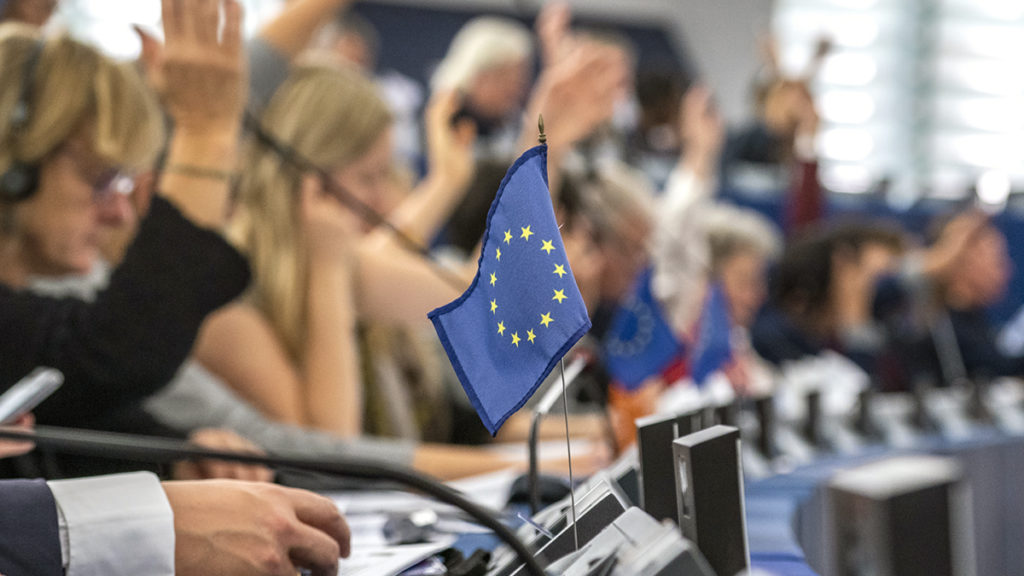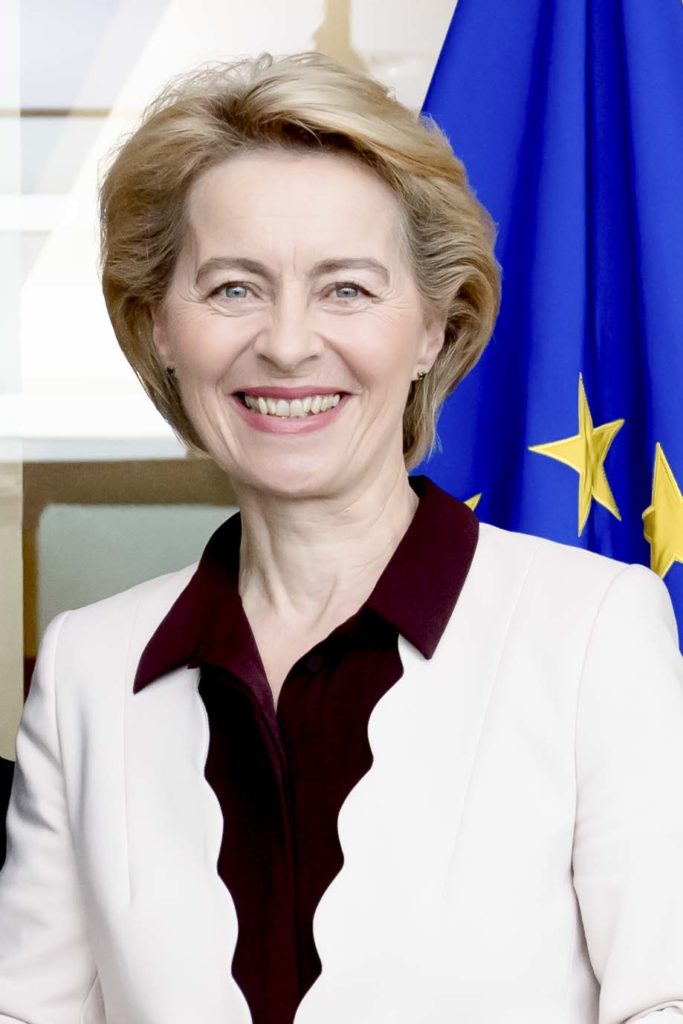
Differentiation is key to understanding the European Union. This spring, ARENA will offer PhD students access to frontier research on all EU relevant aspects of differentiation.
All modern political systems are differentiated; the EU is distinctly so. Precisely how and what the implications are for the EU and its member states remain contested.
That is why ARENA professors John Erik Fossum and Jarle Trondal have developed the annual PhD course STV9431 – A differentiated Europe and its implications.
State-of-the-art research
The PhD course will allow ARENA Centre for European Studies to strengthen national researcher training in its core research area. Fossum and Trondal aim to offer cutting-edge theoretical and empirical knowledge in the field of EU studies.
‘PhD students will gain access to state-of-the-art research on all relevant aspects of differentiation in the EU context. Differentiation is key to understanding the internal workings of the EU as well as how relations between the EU and the external world are structured and conducted’, Fossum explains.
In addition, the training will link up to DiCE – Differentiation: Clustering Excellence, an even larger network bringing together several research clusters on differentiation, as well as the UACES Research Network on Differentiated Integration.
Through a combination of lectures by leading scholars and group work, the PhD course will introduce doctoral students to theories and observations on core aspects of differentiation in the European context.
A differentiated Europe
The core objective of this course is to address differentiation as a central concern in European studies, across academic disciplines from political science, public policy and public administration, to law, sociology and history.
The course aims to conceptualize differentiation, discuss causes and effects of differentiation, and show how differentiation manifests itself internally in the EU and in the EU’s relations with non-members.
There is no doubt that the EU has become more differentiated. With 27 member states the EU’s ethnic, linguistic, cultural, institutional and structural diversity is pronounced. The EU is in direct contact with a more multifaceted and diverse neighbourly environment, which increases the likelihood that the EU imports diversity. A further source of differentiation stems from increased contestation.
For those starting to take EU integration as a natural given, the Eurozone crisis and Brexit came as rude awakenings. The rise of Euroscepticism and Europhobic right-wing populism has given added impetus to a change from the ‘permissive consensus’ of the past to today’s ‘constraining dissensus’.
The PhD course will be structured around four key themes:
Teaching will overall be digital, but a combination of physical presence on campus and digital learning will be available depending on the development of the Covid-19 pandemic.
Read more about the PhD course here.
To apply, please complete and send in the application form within 13 April 2021.
Further information and enquiries may be directed at John Erik Fossum, Jarle Trondal or Torill Settemsdal Hansen.
- Conceptualizing and theorizing differentiation: What are the key characteristics of differentiation? What are the various forms of differentiation? What is the relationship between differentiation and democracy? It is recognized that some forms of differentiation are conducive to democracy, while others might be pathological. We understand these under the heading of dominance, as arbitrary and unjustified forms of rule.
- EU and differentiation: Overview of the current situation of differentiation in the EU context, with a focus on internal and external forms of differentiation.
- The corona pandemic and EU differentiation: Discussing the corona pandemic’s implications for the EU: Will it lead to increased fragmentation and differentiation, towards increased integration and consolidation, or to incremental and path-dependent processes of pragmatic change?
- Implications for Norway and the UK: Comparing the role and status of one ex-member and one closely associated non-member. What kinds of EU affiliations will these states have when the UK actually departs from the EU post-2020? How to locate these affiliations in the differentiation scheme that the course develops?




